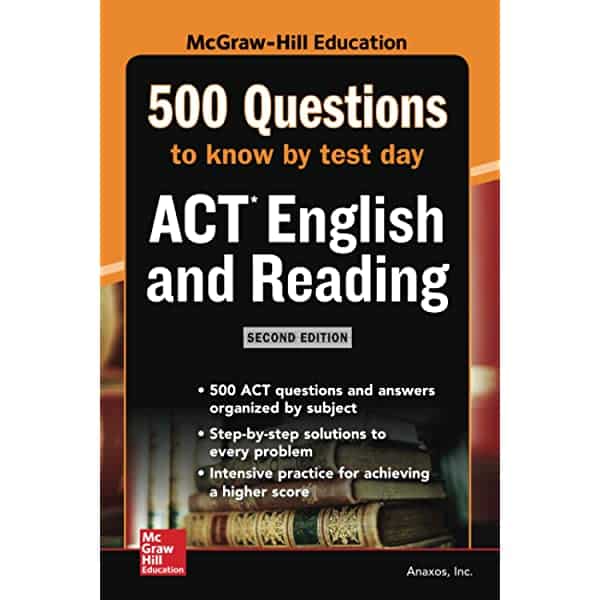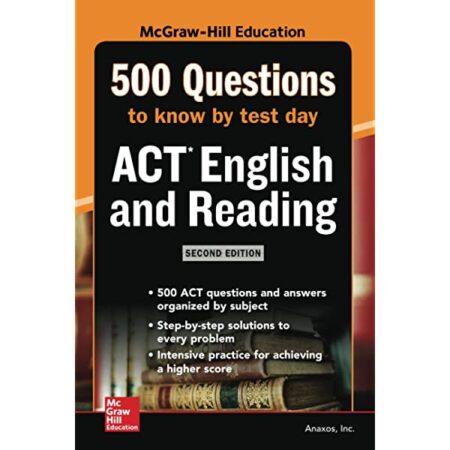
Act subject test English
ACT English Section Breakdown
The ACT English section consists of 45 multiple choice questions. Although vocabulary and spelling are not tested, Rhetoric skills and sentence structure are. Listed below are some tips to help you ace this test. Also read our ACT prep guide to learn how to maximize your score! Here is a breakdown of the ACT English section. Read this before you sit for the test to know what to expect! It may surprise you!(Act subject test English)

ACT English section contains 45 multiple-choice questions
The ACT English section contains 45 multiple-choic questions. You’ll have seventy-five minutes to answer all of them. This section tests two broad skill areas: grammar, punctuation, usage, and sentence structure. It also tests your rhetorical skills, or your ability to communicate your point. You’ll find punctuation questions throughout the section, so it’s important to make sure you’re using the right type of punctuation.
The ACT English section contains 75 multiple-choice questions. You’ll have a total of two hours and thirty-five minutes to complete the exam. You’ll read five essays and five passages, and find the errors in each of them. You’ll also be expected to identify the best correction, but don’t be overwhelmed by the options. Many questions contain the option ‘no change needed’. The ACT English section also requires you to understand standard written English and the tools authors use to write effectively.
Spelling and vocabulary aren’t tested
While spelling and vocabulary aren’t tested in ACT subject test English, the ACT does emphasize correct usage. Words like grandeur mean something impressive or awesome, but if you use it wrong, you might be laughed at. The best way to learn ACT vocabulary is to read a variety of materials and study how words are used in context. You can practice this technique by using the IDEAS method.
Although vocabulary and spelling aren’t tested in ACT subject test English, you should study them anyway, because they aren’t as important as inferring meaning from word choice. Practice reading short stories and circling tone words. Vocabulary is also tested through questions that ask you to infer the meaning of a word from its context. Vocabulary questions can also include words with multiple meanings and ones that you don’t usually need to know.
Rhetoric skills are tested
The ACT subject test English contains questions testing a student’s rhetoric skills. These questions typically involve identifying KEYWORDS and determining the larger meaning behind a story. In addition to grammar, you’ll also be asked about the way a story is composed. While some of these questions are straightforward, others are more difficult. In either case, you’ll need to be aware of the key elements of rhetorical analysis and develop an effective technique to maximize time management.
ACT tests a student’s ability to write effective arguments by testing their comprehension and analysis skills. The ACT also assesses students’ language use and conventions. This section measures a student’s word choice and sentence structure, as well as punctuation. Moreover, the essay’s organization will be assessed for its unity, transitions, and sequencing. A student can practice for these sections by taking English writing classes or studying ACT test materials.
Sentence structure is tested
ACT subjects test your ability to understand and apply sentence structure. The questions may include free-standing phrases, dangling clauses, run-on sentences, or questions about idiomatic usage. In order to answer these questions, you must understand the meaning of the passage and choose the best sentence to convey that meaning. The questions on the ACT are not designed to measure your vocabulary or grammar, but they are useful for assessing your knowledge of how to form the most effective sentence.
The ACT English test hides the verb and the subject of the sentence. A singular subject takes the singular verb, while a plural subject takes a plural verb. You should avoid using conjunctions and collective nouns, as these words take the singular pronoun. These words are not grammatically correct and may confuse test takers. Therefore, it is important to use the correct type of pronoun in each sentence.

Comments (0)